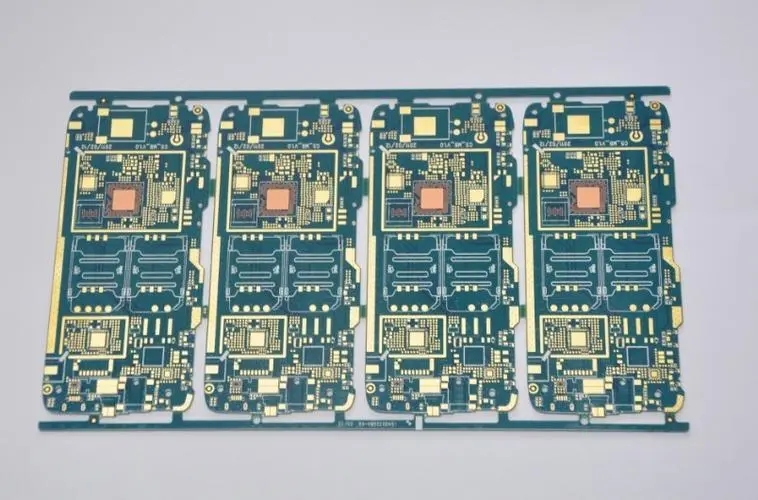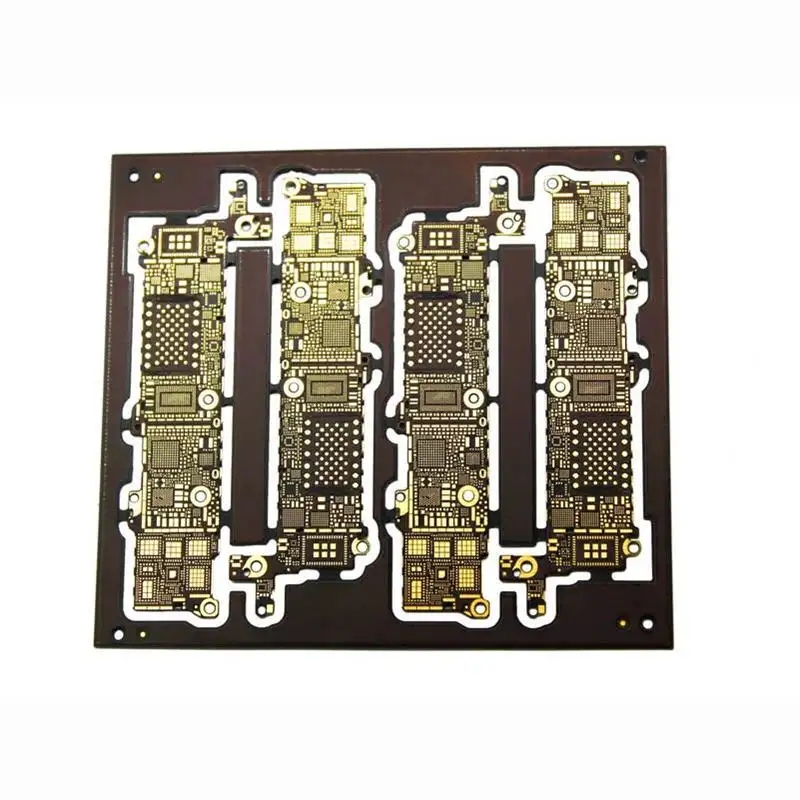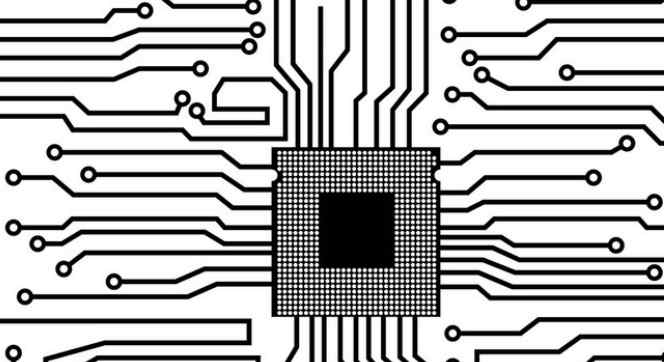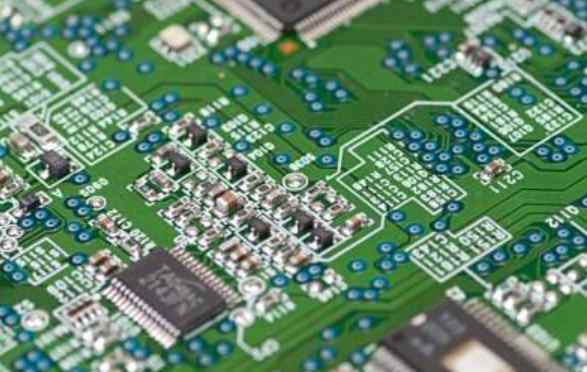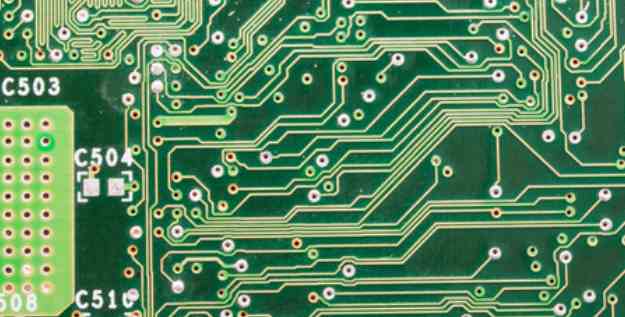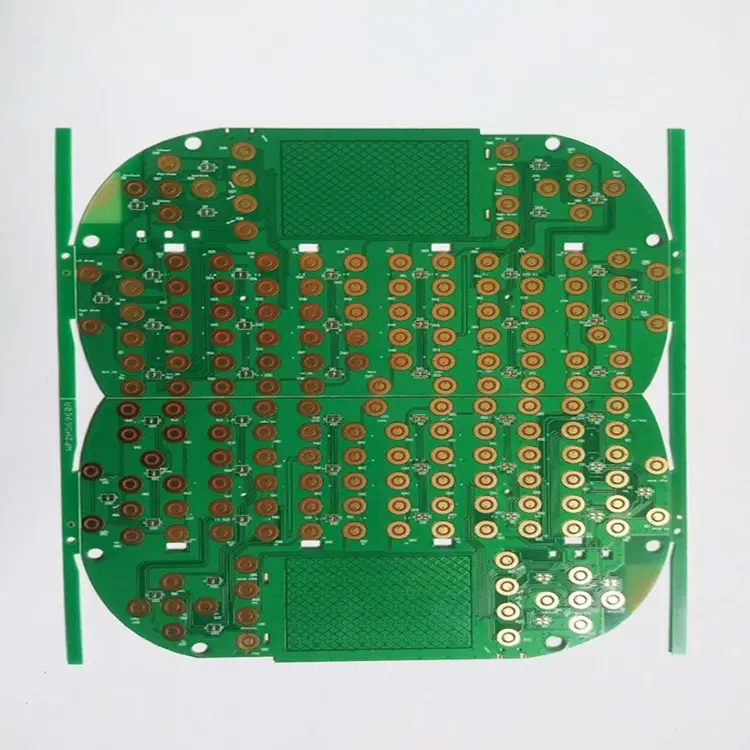
What testing tools does AOI have for PCBA testing and rigid flexible circuit boards
PCBA is the base plate for assembling electronic parts. The manufacturing quality of PCBA directly affects the reliability of electronic products. With the development of electronic assembly towards PCBA hybrid technology with higher density and smaller size, in order to reduce the number of defective circuit boards entering the next process, the demand for automatic optical inspection (AOI) system for PCBA testing is growing.
AOI system is an automatic detection system based on the application of machine vision technology. It realizes the defect detection of PCB surface graphics through the technical process of high-definition linear array camera to extract PCB surface graphics, digital conversion of graphics, logical judgment and matching of feature points, logical comparison of line shape and contour, and defect point judgment and extraction.
AOI system has incomparable technical advantages over other detection schemes and traditional detection methods, and has been widely used in PCBA testing. Its high-speed, college and high-precision features are favored by industry users.
1. The cost of PCBA test system to check and correct PCB defects during process monitoring is far lower than that after final test and inspection.
2. Repetitive errors, such as mounting displacement or incorrect tray installation, can be found as soon as possible.
3. The combination of statistical analysis function of PCBA detection technology and SPC process management technology provides a powerful weapon for the timely improvement of smt production process, and the yield of PCBA assembly has been significantly improved. With the continuous expansion of modern manufacturing industry, the control of production is becoming more and more important, and the demand for SPC data is also growing.

4. It can meet the detection requirements of PCBA assembly density. With the substantial increase of electronic product assembly density, some traditional testing technologies, such as ICT, can no longer meet the development requirements of SMT technology, while PCBA testing technology will not be affected by these factors.
5. The test program of PCBA inspection equipment can be directly generated from CAD data. Compared with ICT, the test cost is greatly reduced because there is no need to make special fixtures.
6. It can keep up with the production rhythm of SMT production line. According to the test results of PCBA detection technology, it can achieve a speed of 0.1 seconds/amplitude, which can meet the requirements of online detection.
7. The reliability of detection is high. Manual visual inspection always has its limitations, while the PCBA detection technology avoids the unfavorable factors in this regard, and can maintain good accuracy and reliability.
8. Ensure product quality, reduce labor cost and improve labor productivity.
9. Non contact measurement will not damage and scratch the PCB.
10. Machine vision inspection technology can complete tasks that cannot be completed in the past: for example, when dealing with some micro pipe angles, traditional methods are often not competent, while PCBA inspection system can achieve inspection.
The application of machine vision automatic optical inspection system in the PCBA inspection industry, just the above advantages are enough for the PCBA inspection requirements, realizing the intelligent automation of PCBA inspection.
What testing tools are available for rigid flexible circuit boards
The testing process of rigid Flexible circuit boards can be very challenging. This is because these circuits are very thin and have complex geometric shapes. Therefore, it is not surprising that some obstacles may be encountered during the testing process. In order to thoroughly test the circuit board, many PCB manufacturers choose flying pin test.
There are three kinds of test procedures for rigid flexible circuit boards
1. Fixture test: This process is mainly used for mass PCB production. It relates to the use of wired and fixed devices. The advantage of this test is that the fixing device can accurately fix the plate in the proper position. It is also cheap and requires minimal testing time. However, for rigid flexible circuit boards, the problem is to fix (align) the circuit board to the fixing device. If the circuit has unplated mounting holes, it becomes difficult to register for repeatability. In addition, if there is no mounting hole, the fixture cannot be positioned.
2. Manual testing: This process is known for its simplicity. Digital voltmeter is used to test the open circuit and short circuit of PCB network. However, many meters are designed to test only open circuits. The reason is that the design of voltmeter complies with IPC and MIL-Spec specifications, so it is difficult to test isolated short circuit. Moreover, this is a time-consuming process, so there are many possibilities for errors.
3. Flying needle: Flying needle is the best program created so far for PCB testing. Compared with the other two testing processes, it has many advantages. First, it is not expensive to use. In addition, since the alignment hole is not required for circuit alignment, a fixing device is not required. Tiny pads can be tested without register errors. Single and double sided rigid and flexible circuit boards can be tested. It can also test circuits with resistor cores. The only disadvantage of flying pin PCB testing is that it takes a lot of time.
PCB manufacturers, PCB designers and PCBA manufacturers will explain to you what testing tools AOI has for PCBA testing and rigid flexible PCB testing.


